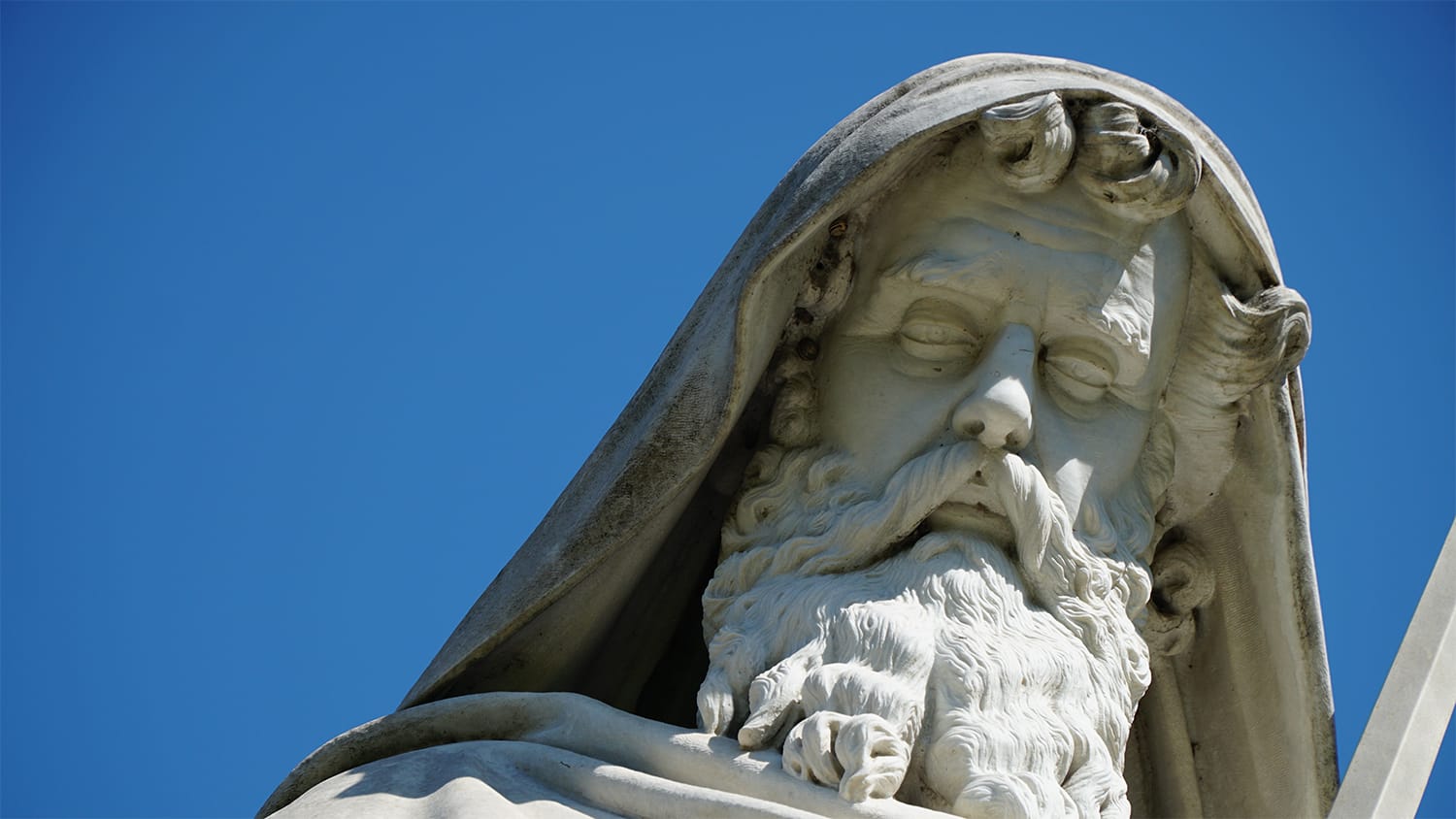St. Augustine felt the fire of God in his heart after reading an excerpt from St. Paul’s letter to the Romans: “No more eating and drinking”.
St. Paul, whose feast day is celebrated on June 29, played a fundamental role in the life of St. Augustine, and especially in the process of his conversion in the faith. In The Confessions, Augustine narrates in a clear and explicit way how he felt the fire of the Spirit in Casiciaco. Standing in a garden while he was reflecting, he heard a child’s voice telling him “take and read”. He took the Holy Scriptures and opened the book by a random page.
The fragment he found was St. Paul’s letter to the Romans, specifically chapter 13. In it, Paul urges us to live and work in conscience and in charity. St. Augustine specifically noted the end of the letter: “Do not indulge in feasting and drunkenness, do not lie in bed and be lazy, do not fight and emulate, but put on the Lord Jesus Christ and do not care for the flesh with too much desire.
Then, after concluding the reading of the letter of St. Paul, Augustine felt “as if a light of security had infiltrated my heart, all the darkness of my doubts had dissipated”. It was the definitive step to consummate the process of conversion that took place in the Bishop of Hippo for a long time, counting on the incessant prayer of his mother Monica.
The excerpt from the letter of St. Paul
Submit yourselves all to the constituted authorities, for there is no authority but from God, and those that exist have been constituted by God. Therefore, whoever opposes the authority rebels against the divine order, and the rebels will attract condemnation upon themselves. Indeed, magistrates are not to be feared when good is done, but when evil is done. Will you not fear authority? Do good, and you will get praise from it, for it is for you a servant of God for good. But if you do evil, fear: for he beareth not the sword in vain: for he is the servant of God to do justice, and to chastise him that doeth evil. Therefore you must submit, not only for fear of punishment, but also in conscience. That is precisely why you pay taxes, because you are God’s servants, assiduously engaged in that office. Give to each one what is due: to whom you tax, tax; to whom you pay tribute, tribute; to whom you respect, respect; to whom you honor, honor.
To no one do you owe a debt except to love one another. For he who loves his neighbor has fulfilled the law. Indeed, ‘you shall not commit adultery, you shall not kill, you shall not steal, you shall not covet,’ and all the other precepts are summed up in this formula: You shall love your neighbor as yourself. Charity does not harm your neighbor. Charity is therefore the law in its fullness. And this, taking into account the moment in which we live. For it is high time to wake up from sleep; for salvation is nearer to us than when we embrace faith. The night is late. The day is coming. Let us therefore cast off the works of darkness and put on the weapons of light. As in the daytime, let us proceed with decorum: no feasting and drunkenness; no lust and wantonness; no rivalry and envy. Rather, put on the Lord Jesus Christ and do not care for the flesh with too much desire.
Romans, 13


